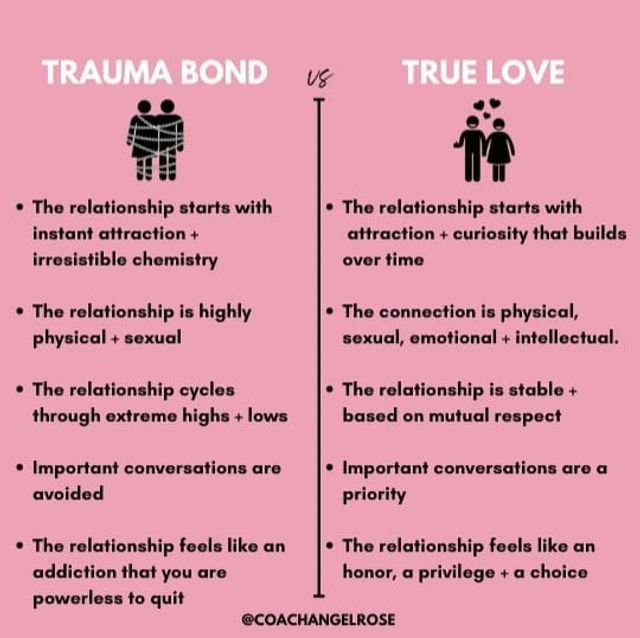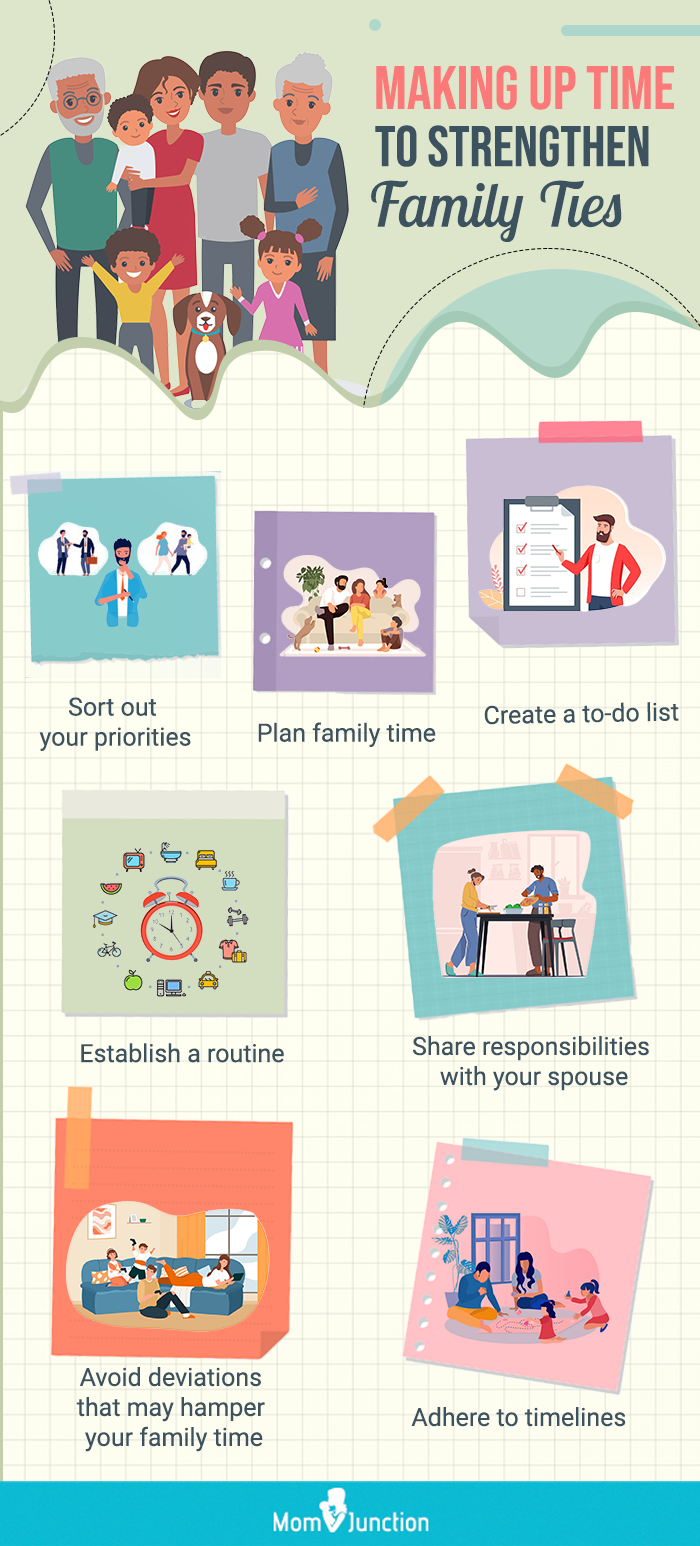Relationships are an integral part of our lives, providing us with love, support, and companionship. But have you ever wondered what makes a relationship strong and enduring? It all comes down to the bonds that we form with our loved ones. These bonds serve as the foundation for healthy and fulfilling relationships. Whether it’s a romantic partnership or a friendship, understanding the importance of bonds is crucial for nurturing and maintaining meaningful connections. In this article, we will explore the significance of bonds in relationships and how they contribute to our overall well-being.
Understanding the Importance of Bonds in Relationships
In any relationship, the bond between two individuals is what holds them together and keeps their connection strong. A bond can be defined as a deep emotional connection and attachment between two people. It goes beyond the surface level interactions and creates a sense of trust, understanding, and support. Bonds are the foundation of healthy and fulfilling relationships, and understanding their importance is crucial for cultivating and maintaining strong connections.
Definition of Bonds in Relationships
A bond in a relationship refers to the emotional, intellectual, physical, spiritual, and social connections that individuals share with each other. These bonds are formed through a combination of shared experiences, open communication, emotional intimacy, and mutual understanding. They allow individuals to feel safe, secure, and valued in their relationships. Bonds are dynamic and evolve over time as the relationship grows and develops.
Types of Bonds in Relationships
There are various types of bonds that contribute to the overall strength and depth of a relationship. These include emotional, intellectual, physical, spiritual, and social bonds. Each type of bond plays a unique role in shaping the connection between individuals and brings its own set of benefits.
Emotional Bond
Emotional bonds are built upon shared feelings, empathy, and understanding. They involve being attuned to each other’s emotional needs, providing comfort and support during tough times, and celebrating each other’s joys and successes. Emotional bonds create a strong sense of trust and intimacy within a relationship.

Intellectual Bond
Intellectual bonds are formed through engaging and stimulating conversations. It involves sharing ideas, thoughts, and opinions with each other, and valuing each other’s intellect. Intellectual bonds contribute to mental and emotional growth, as individuals challenge each other’s perspectives and broaden their horizons.
Physical Bond
Physical bonds refer to the intimate and sexual connection between individuals in a relationship. It is about experiencing touch, affection, and passion together. Physical bonds are essential as they strengthen the emotional intimacy and create a sense of physical closeness and comfort between partners.
Spiritual Bond
Spiritual bonds involve sharing a sense of purpose, values, and beliefs. It is about supporting each other’s spiritual growth and finding meaning and purpose in life together. Spiritual bonds provide a deeper connection and understanding of each other’s core values.

Social Bond
Social bonds are formed through shared social activities, common interests, and a sense of belonging within a larger community. It involves participating in social events together, meeting each other’s friends and family, and feeling connected in a broader social context. Social bonds provide a sense of support and a shared social identity within the relationship.
Factors that Contribute to Strong Bonds
While bonds are essential in relationships, they don’t develop overnight. They require time, effort, and certain factors to create a strong and lasting connection between individuals. Some of the key factors that contribute to strong bonds in relationships are trust and communication, shared values and goals, quality time and emotional support, understanding and acceptance, and respect and appreciation.
Trust and Communication
Trust and communication are the foundation of any healthy and strong relationship. Trust involves feeling secure, knowing that you can rely on the other person, and having confidence in their reliability and honesty. Communication is the key to establishing trust, as it allows individuals to express their feelings, needs, and concerns openly. Building a strong bond requires open and honest communication, where both partners feel heard, understood, and respected.

Shared Values and Goals
Having shared values and goals is vital in establishing a strong bond. When individuals align in terms of their core values and aspirations for the future, it creates a sense of harmony and unity within the relationship. It allows partners to support each other’s growth and work together towards common goals, strengthening their bond in the process.
Quality Time and Emotional Support
Allocating quality time for each other and providing emotional support are crucial aspects of building strong bonds. Spending time together, engaging in meaningful activities, and creating shared memories fosters a sense of connection and intimacy. Additionally, emotional support involves being there for each other during both the highs and lows, offering a listening ear, and providing comfort and encouragement.
Understanding and Acceptance
One of the fundamental aspects of strong bonds is the ability to understand and accept each other for who they are. It involves recognizing and appreciating the individuality and uniqueness of the other person, without trying to change or modify them. Understanding and accepting each other’s strengths, weaknesses, and differences create a safe and non-judgmental space, where the bond can flourish.

Respect and Appreciation
Respect and appreciation are vital in any relationship. They involve treating each other with kindness, courtesy, and consideration. Respect means valuing the opinions, boundaries, and choices of the other person, while appreciation involves expressing gratitude and acknowledging the efforts and qualities that make the relationship special. When respect and appreciation are present, the bond becomes stronger and more resilient.
Building and Maintaining Bonds
Building and maintaining strong bonds require ongoing effort and investment from both individuals in the relationship. It is a continuous process that involves investing time and effort, engaging in open and honest communication, deepening the emotional connection, and practicing empathy and compassion.
Investing Time and Effort
Building a bond takes time and effort. It requires prioritizing the relationship and dedicating quality time to each other. This can involve going on dates, engaging in activities together, or simply spending quiet moments connecting and talking. Investing effort means being proactive in nurturing the bond and actively contributing to the growth and well-being of the relationship.

Open and Honest Communication
Communication is the backbone of any strong bond. It involves expressing thoughts, feelings, and needs openly and honestly, and actively listening to the other person. Open and honest communication creates an environment of trust and understanding, where both individuals feel safe to share and be vulnerable.
Deepening Emotional Connection
Deepening the emotional connection involves being vulnerable and allowing oneself to be fully seen by the other person. It includes sharing fears, dreams, and aspirations, as well as providing emotional support and validation. Deepening the emotional connection allows for a deeper understanding and intimacy within the relationship.
Empathy and Compassion
Practicing empathy and compassion is key in developing and maintaining strong bonds. It involves understanding and validating the other person’s emotions, perspectives, and experiences. Being compassionate means showing kindness, care, and concern for the well-being of the other person.
Tips for Strengthening Bonds
If you’re looking to strengthen the bond in your relationship, here are some tips that can help create a deeper connection:
Focus on Active Listening
Active listening involves giving your full attention to the other person and trying to understand their thoughts and feelings. It means avoiding distractions, asking questions for clarification, and reflecting back on what the person has shared. Active listening promotes open and effective communication, creating a stronger bond.
Practice Effective and Open Communication
Effective communication involves expressing oneself clearly, assertively, and respectfully. It means avoiding blaming, criticizing, or belittling the other person. Open communication ensures that both individuals feel heard, understood, and valued in the relationship.
Show Appreciation and Gratitude
Expressing appreciation and gratitude for the other person’s efforts and qualities strengthens the bond in a relationship. It can be as simple as saying “thank you” or acknowledging their positive traits and actions. Showing appreciation fosters a sense of validation and reinforces the bond between partners.
Engage in Shared Activities
Engaging in shared activities and hobbies promotes bonding and creates shared memories. It can involve going for walks, cooking together, or pursuing common interests. Shared activities provide an opportunity for quality time and strengthen the connection between partners.
Nurture Emotional Intimacy
Emotional intimacy involves being vulnerable, authentic, and emotionally available to each other. It means sharing deeper emotions and experiences, and creating a safe space for the other person to do the same. Nurturing emotional intimacy fosters a deeper connection and strengthens the bond.
Resolving Conflicts and Prioritizing Compromise
Conflicts are a natural part of any relationship. However, it is important to address and resolve conflicts in a healthy and constructive manner. This involves active listening, understanding each other’s perspectives, and finding mutually agreeable solutions. Prioritizing compromise and finding win-win resolutions strengthens the bond by promoting understanding and teamwork.
In conclusion, bonds play a vital role in fostering strong and fulfilling relationships. They provide a deep sense of connection, trust, and support between individuals. By understanding the importance of different types of bonds, recognizing the factors that contribute to their strength, and actively investing in building and maintaining them, individuals can cultivate lasting and meaningful relationships. Remember, it takes time, effort, and commitment to nurture bonds, but the rewards are well worth it.



